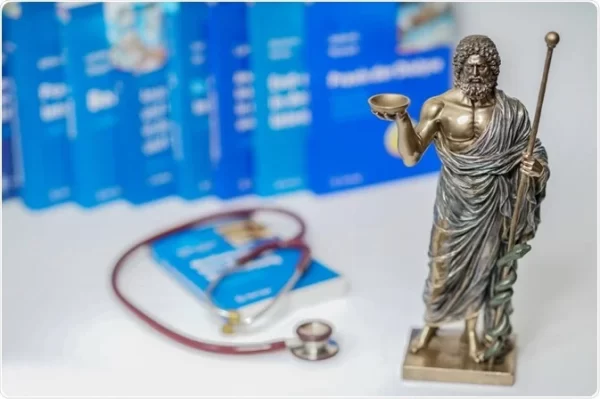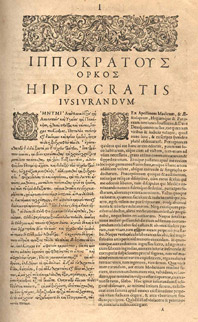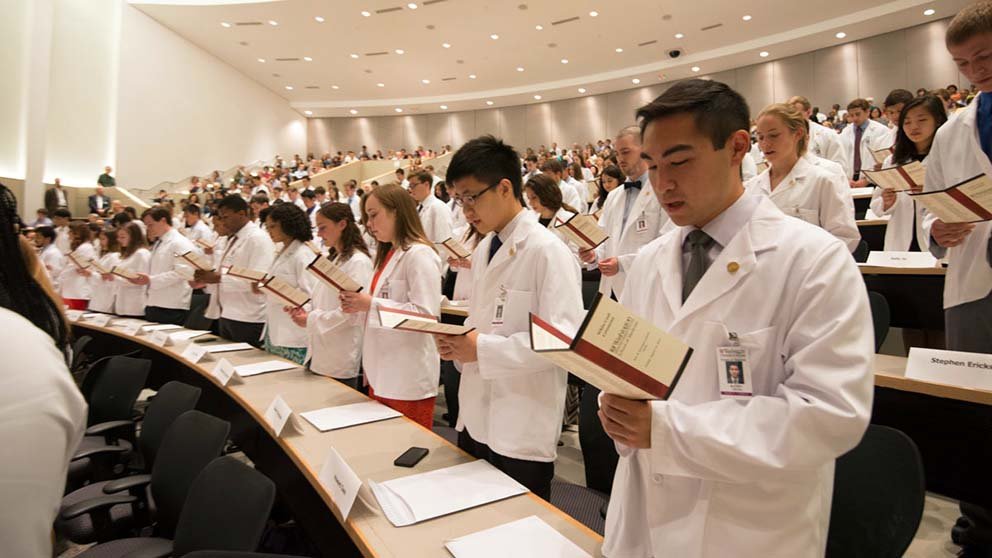The Hippocratic Oath: Origins and Applications
Before many doctors officially begin their careers, they often have to make a lifelong pledge: to uphold ethical standards. This is known as the Hippocratic Oath and has served as a “tradition” in the medical community for centuries. But what is the history behind this custom? And how does it apply to the responsibilities of our doctors in today’s world?

Early Origins
To understand the modern-day Hippocratic Oath, we must first visit its first origins in Ancient Greece. In around 400 BC, Hippocrates, the father of medicine, required his disciples to make an oath to the Gods of healing: Apollo, Asclepius, Hygeia, and Panacea before they performed any sort of physical examinations. Hippocrates’ original oath contained commands such as abstaining “from whatever is deleterious and mischievous” and prohibiting the “voluntary act of mischief and corruption.” These principles were the founding ideas of medical ethics that doctors and scientists alike still pursue today.
The Modern Day Oath
It was not until the 1700s when Hippocrates’ document was translated into English and Western schools began to utilize the oath that it grew in popularity. Today, medical students recite one of 3 oaths:
- The 1948 Modern Hippocratic Oath of Dr. Louis Lasagna
- An oath that “Bears the Name of Hippocrates”
- The Declaration of Geneva adopted by the World Medical Association

Hippocrates’ original poem in Greek with the translation beginning, “I swear by Apollo Physician and Asclepius and Hygieia and Panacea…” via PBS
Modern Day Applications
Despite the different variations, the general Hippocratic Oath is based on the 4 basic principles of beneficence, non-maleficence, justice, and patient autonomy. The modern oath contains a number of pledges, one of the most famous being:
“I will respect the privacy of my patients, for their problems are not disclosed to me that the world may know. Most especially must I tread with care in matters of life and death? If it is given to me to save a life, all thanks. But it may also be within my power to take a life; this awesome responsibility must be faced with great humbleness and awareness of my own frailty. Above all, I must not play at God.”
Today, the oath has served as a symbol of ethical patient treatment. Though it is not binding nor a law, the Hippocratic Oath acts as a moral reminder for healthcare practitioners of various fields to act with righteousness and to fulfill their moral duties.



